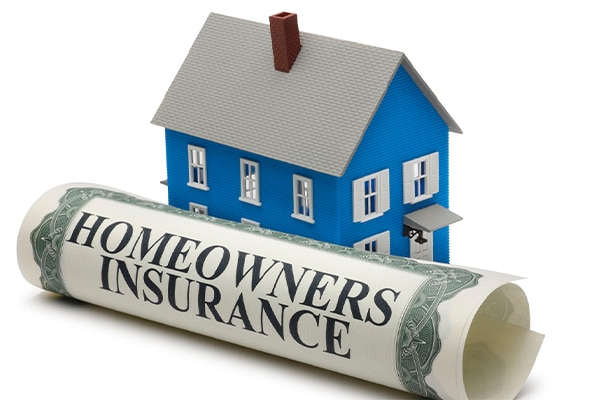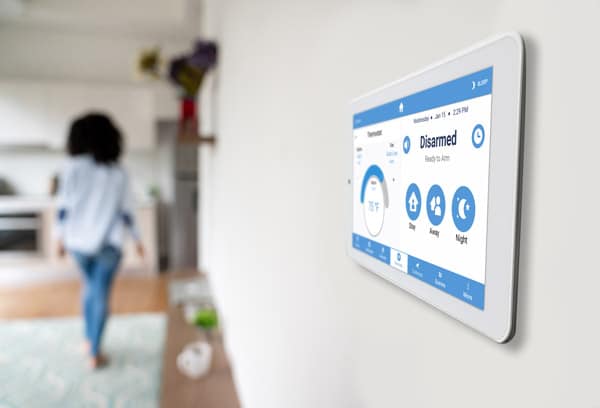How to reduce homeowners insurance premium

Homeowners insurance isn’t something you buy every day, and therefore it’s easy to forget about in the midst of other financial priorities.
But if you’re interested in reducing your homeowners insurance premium, here are some tips for getting started:
1. Improve your home security.
The best way to lower your homeowners insurance premium is to improve the security of your home, which can be done in several ways:
Install a security system. The most effective way to secure your home and reduce the risk of break-ins is by installing an alarm system that will notify you if someone enters or tries to enter your property without permission. A great deal of modern alarm systems are wireless, so they can be installed quickly and easily without needing an electrician or other professional help.
Fire alarms and smoke detectors. If you have a fire alarm and/or smoke detector in your home, make sure that it’s working properly and recharge the batteries every six months to two years. Also, be sure that everyone in the house knows how to use the system—and test it regularly!
Better still, install EMC Security monitored smoke detectors – montored 24/7. You might even see higher dicsounts on homeowneers insurance. To discuss your options, call 770-963-0305.
Fire extinguishers. You should also have a fire extinguisher—but don’t just pick one up at Home Depot (unless you want an industrial-sized tank). Instead, speak with an expert about what type of extinguisher is right for your needs: whether you want something easy to carry around or something more powerful; whether it’s necessary to buy two different types of extinguishers; how much maintenance they require on average (and know how often this will come up); etc.
2. Shop around.
The first thing you should do when shopping for homeowners insurance is to get quotes from multiple companies. Don’t assume that the first company you call will give you the best quote, and don’t assume that the insurer with the lowest quote is a good choice for your needs.
3. Bundle up your policies with the same insurer.
If you’re considering bundling your policies with the same insurer, you should know that insurance companies charge more for bundled policies than they do for single-policy coverage. However, this can still provide a great benefit to consumers who want to save money on their homeowners insurance premiums by bundling multiple insurance policies together.
Bundling can be an especially good option if you have other types of insurance (such as car or health) with the same company as well. By maintaining all your policies with one insurer, you may qualify for additional discounts and savings on other coverages.
Additionally, because both parties enjoy lower administrative costs when dealing with only one policyholder at a time, this could also help them offer lower rates overall – which will save you both money in the long run! If nothing else convinces you to bundle up your various types of coverage into one contract (or at least keep them all under one roof), then consider this last bit of advice: Often times it’s easier to bundle when there are multiple people listed on an application; therefore if everyone who lives within a household were listed under one account holder’s name instead of being spread out amongst different individuals’ names then chances are better that applicants’ credit scores would improve over time due to consistent usage history across different accounts.”
4. Increase your deductibles.
A deductible is the amount of money you’ll pay for an insurance claim before your insurance company pays anything. For example, if your car is damaged in a collision and needs $2,000 worth of repair work, with a $500 deductible then you would pay $500 before the insurance company covers any additional costs.
You can get discounts on premiums by increasing your deductibles to lower levels. If you decide to increase them beyond what’s normally recommended by insurers and state law, keep in mind that doing so will mean more out-of-pocket expenses should something happen to your home or car. But if this is something you’re willing to accept as part of lowering your homeowner’s insurance premium costs (and we wouldn’t blame you), then go right ahead!
If you’re looking for ways to save money on your homeowners insurance premium, there are a lot of options out there. We hope this article has helped you find some that are right for your situation and budget!


